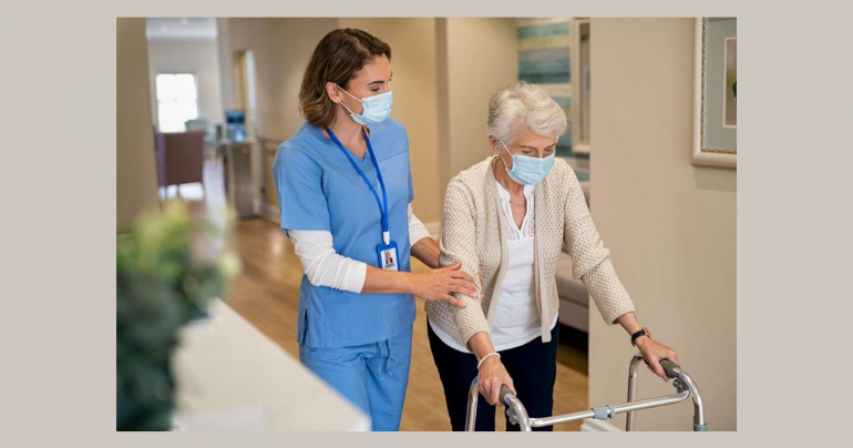Want to become a nurse? Qualifications, process for expats explained

Becoming a Nurse in Dubai: A Comprehensive Guide for Expats
Nursing is a noble profession that plays a vital role in the healthcare sector worldwide. In Dubai, the demand for qualified nurses continues to grow, attracting expatriates from diverse backgrounds to contribute their skills and expertise to the city's healthcare landscape. If you're considering a career as a nurse in Dubai, it's essential to understand the qualifications and processes involved. From educational requirements to licensing procedures, here's everything you need to know to pursue a career in nursing in Dubai as an expatriate.
Educational Requirements:
Registered Nurse: To work as a registered nurse in Dubai, candidates must hold a bachelor's degree in nursing from a full-time course lasting a minimum of three years. Alternatively, those with a two-year nursing degree must also be registered as a nurse in specific countries, including Canada, USA, UK, Ireland, South Africa, New Zealand, or Australia.
Assistant Nurse: Assistant nurses are required to possess a diploma in nursing with a duration of at least 18 months.
School Nurse: Individuals interested in school nurse positions must be qualified as registered nurses and hold certification in Pediatric Advanced Life Support (PALS).
Nurse Practitioner: Nurse practitioners must meet the requirements of a registered nurse and hold a clinical master's or doctoral degree in nursing. Alternatively, they can provide an equivalent qualification in pharmacology or demonstrate expertise in differential diagnosis and diagnostic test interpretation.
Specialty Nurse: Specialty nurses must hold a clinical master's degree in a nursing specialty or a bachelor's degree with a minimum three-year course duration in the relevant field.
Experience Requirements:
Registered and Assistant Nurses: Recent changes in Dubai's laws have eliminated the requirement for registered and assistant nurses to have prior experience.
School Nurses: School nurses must have a minimum of two years' experience as a registered nurse, including one year in pediatrics, ICU, or the emergency department.
Nurse Practitioners: Nurse practitioners need to demonstrate two years of post-qualification experience in their role.
Specialty Nurses: Experience requirements vary based on the level of education and specialization, ranging from one to two years post-qualification experience.
Additional Requirements:
Applicants must graduate from nationally or internationally recognized colleges.
Graduates from UAE universities must study in accredited programs approved by the Ministry of Education.
Expatriates from GCC countries must undergo six months of clinical training in an APS health facility.
The Process in Dubai:
Once applicants ensure they meet all necessary qualifications, they must apply to the Dubai Health Authority (DHA) to obtain their nursing license.
The registration process involves completing the Self-Assessment Tool service, submitting required documents, and paying applicable fees.
Applicants must then fill, link, and submit the online application on the DHA's Sheryan portal.
A fee of Dh200 is required for nurses and midwives.
The DHA will review the application and may conduct an oral assessment if necessary.
Upon successful completion, professionals will be registered and added to the Dubai Medical Registry.
After registration, it becomes the responsibility of the hiring medical facility to activate the healthcare professional's license.
In conclusion, pursuing a career as a nurse in Dubai offers rewarding opportunities for expatriates to contribute to the city's healthcare sector. By understanding the educational requirements, experience criteria, and licensing process, aspiring nurses can navigate the pathway to fulfilling their professional aspirations in Dubai's vibrant healthcare landscape.
By: Sahiba Suri





Comments